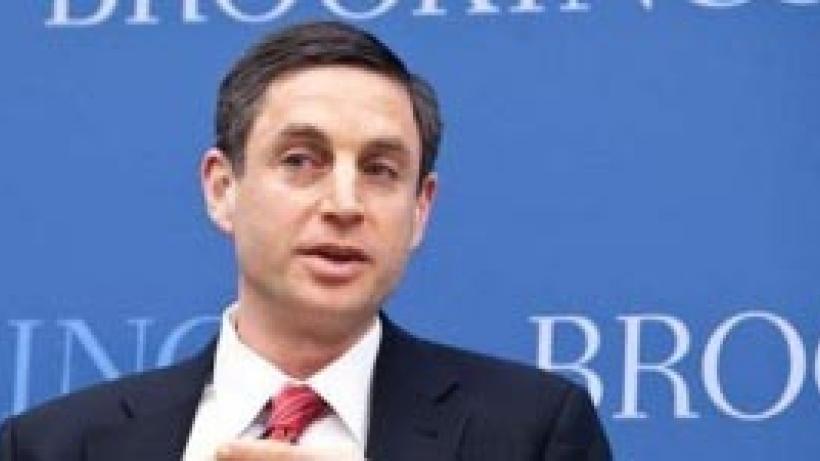
Public Lecture: Energy and Growth (Professor Michael Greenstone)
As part of Growth Week 2014, on Wednesday 24 September, Professor Michael Greenstone, Milton Friedman Professor of Economics in the Department of Economics at the University of Chicago and Director of the Energy Policy Institute at Chicago (EPIC), held a public lecture entitled ‘Energy and Growth: Facts and Consequences’.
Audio and Video of the Lecture is now available on the LSE website.
Summary
After an introduction by Professor Robin Burgess (LSE), Michael Greenstone (University of Chicago) gave a lecture on the relationship between energy and growth. He started by presenting a stylised fact: Per capita GDP and per capita energy consumption display an almost perfect positive correlation, whether we look at emerging or at OECD countries. The per capita energy consumption of poor countries is projected to grow rapidly, hence Professor Greenstone highlighted the risks that this growth poses in terms of pollution and climate change. The consequences of climate change are wide, spanning from lower agricultural yields to dangers for human health. Moreover, climate change is a global problem and any credible mitigation strategy will require large and expensive reductions of the emissions especially on behalf of developing countries. Unfortunately, these countries are also the ones most desperately needing energy. Professor Greenstone's view is that beneath all these problems there is the poor quality of the current energy pricing policies, that do not take into account the negative externalities created by different energy sources. He concluded by giving some policy recommendations on pricing energy based on its full social costs.
Afterwards, each of the panellists presented his own personal view on the challenges posed by the actual implementation of these policies in each of their countries. Sanjay Kumar Singh (Bihar) raised the issue that Bihar's current challenge is still to extend the access to electricity to the majority of citizens. For this reason, focusing on energy saving policies seems a bit premature to them, notwithstanding the relevance of the environmental consequences of this choice. Irfan Elahi (Pakistan) reinforced this argument by saying that it is inevitable that Pakistan in the future will simply rely on the cheapest source of energy. Furthermore. the current challenge for India is to increase the tax recovery rate, hence their current orientation towards clearer regulation and better monitoring policies. Finally, Dr Kaikaus Ahmad (Bangladesh) remarked that Bangladesh at the moment is trying to tackle the problem from the demand side rather than the supply side, as their view is that an efficient use of energy can be the only effective solution in the long-run.

